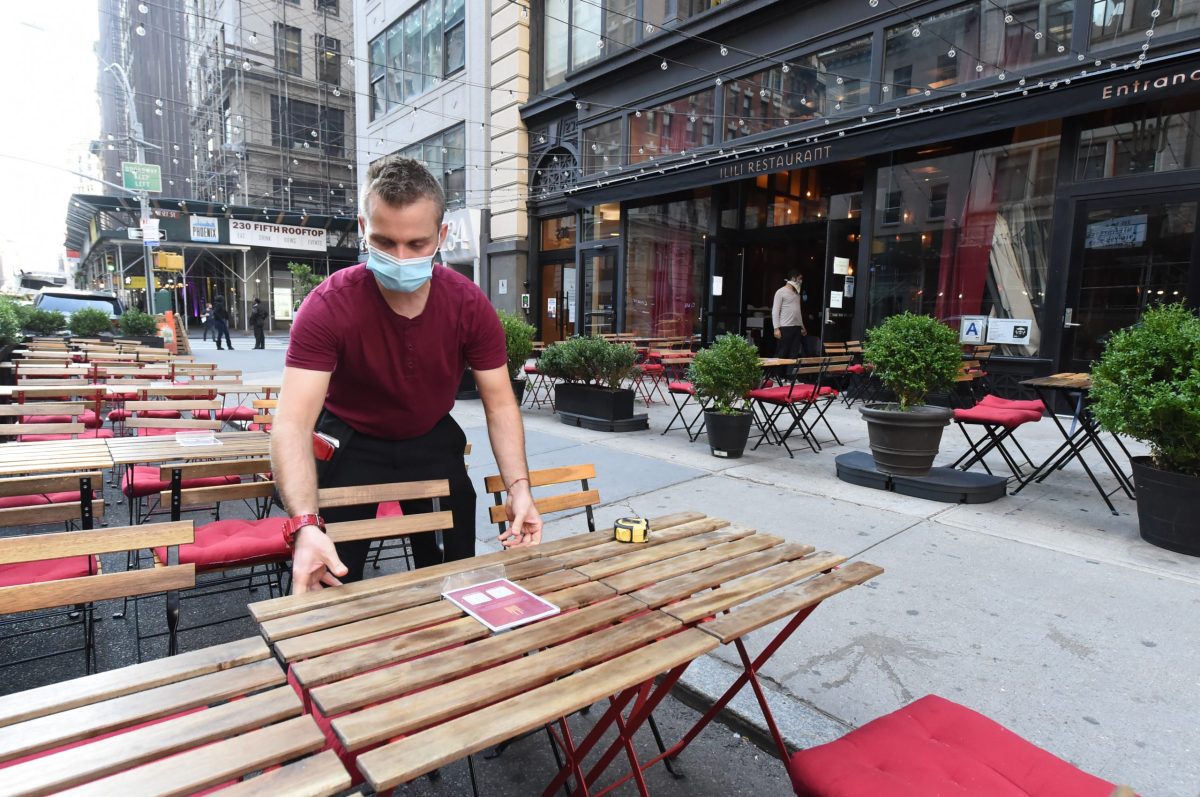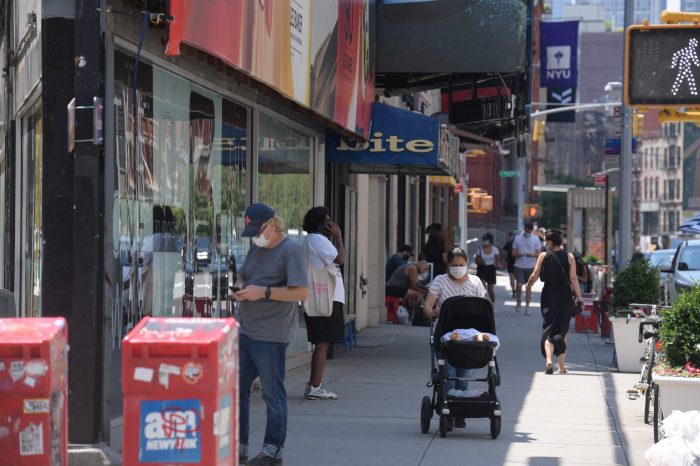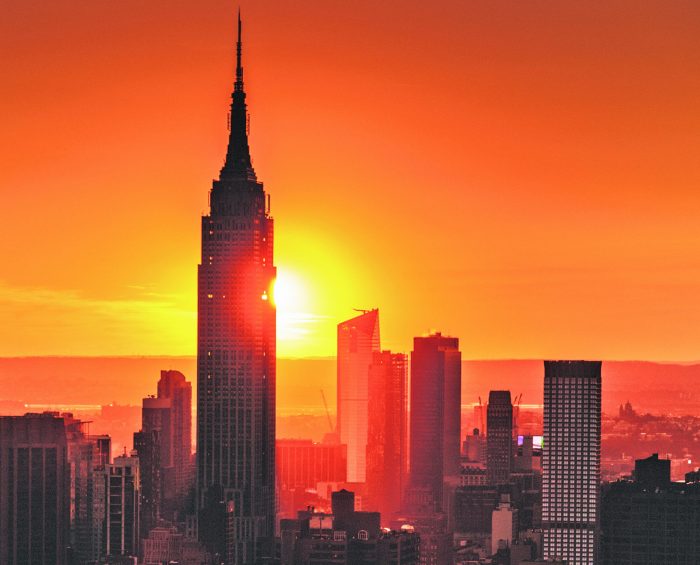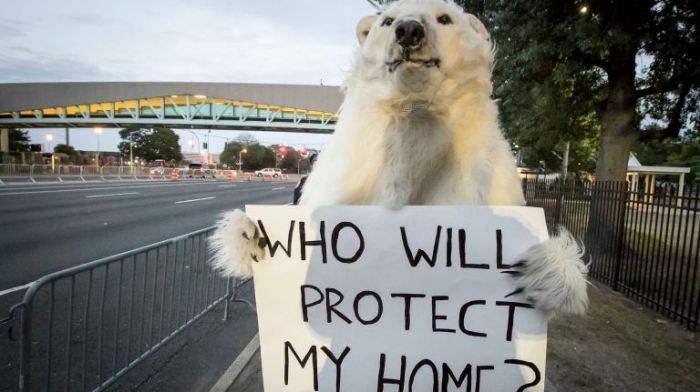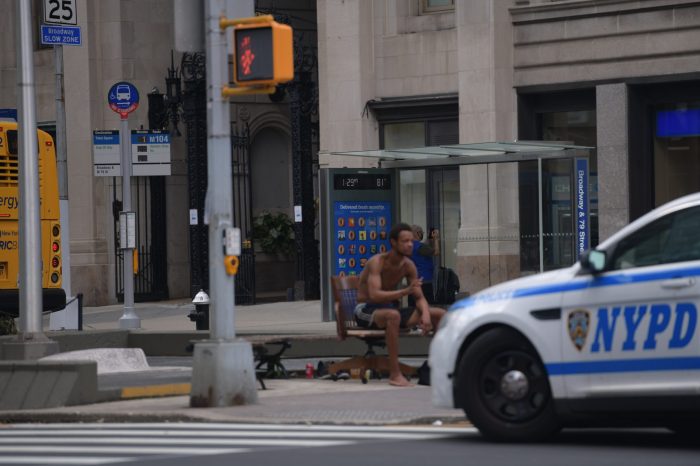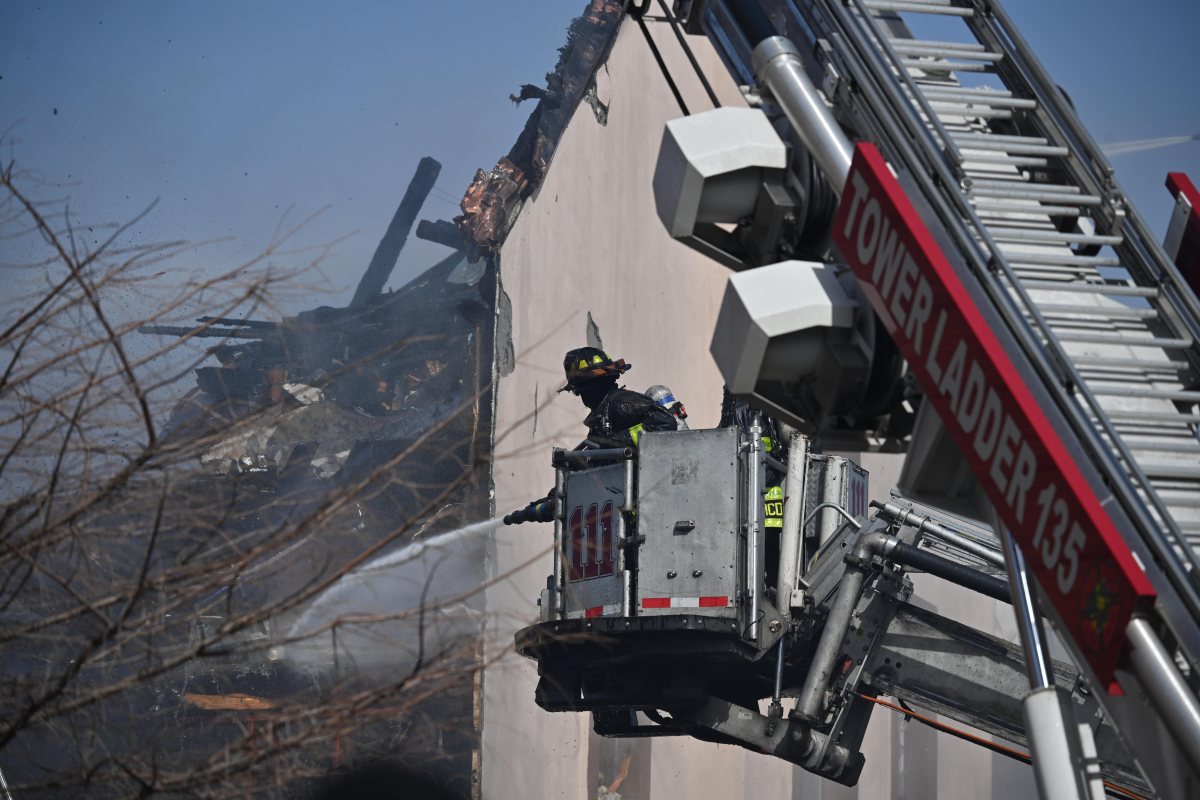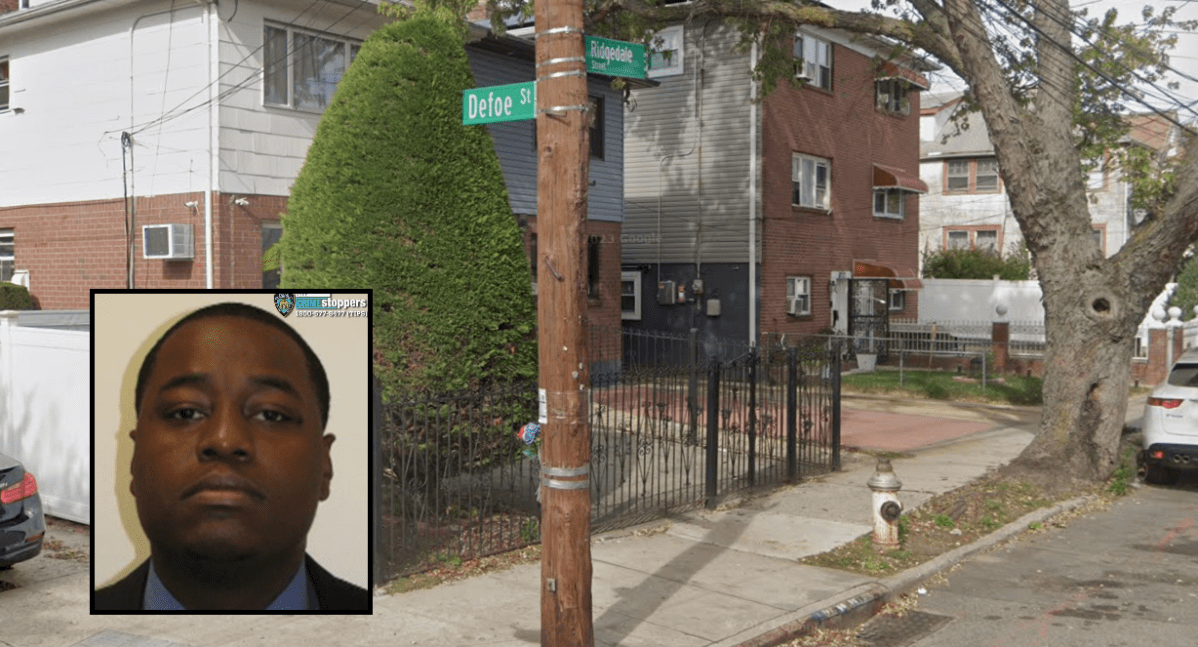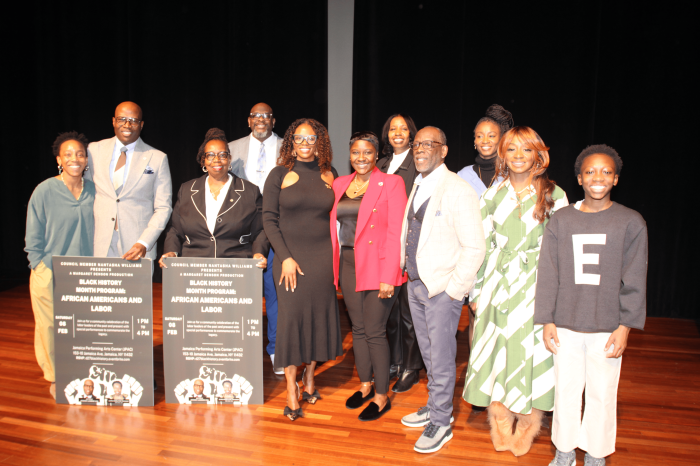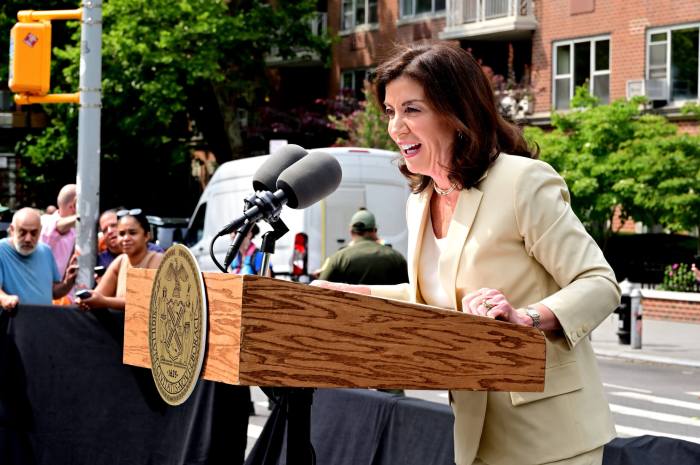By Andrew Rigie
Our city’s hospitality industry has been financially devastated by the COVID-19 pandemic. More than 130,000 New Yorkers previously employed in eateries, cafes, bars, and nightclubs remain out of work and thousands of beloved small businesses have been forced to permanently close.
As restaurants and nightlife establishments have been uniquely and severely impacted over the last eight months, so have New York City’s working-class and immigrant communities that are essential to this industry’s workforce.
In 2018, more than 60 percent of New York City restaurant workers were immigrants. Right now, New York’s unemployment rate is 13% and 15% for Hispanics, numbers which will rise if indoor and outdoor dining get shut down and 100,000 more industry jobs are directly threatened.
From a statistical standpoint, these figures are grim, and in reality, they represent something undoubtedly worse. Forcing workers into abject poverty will have an indelible imprint on their physical and mental wellness and will carry disastrous consequences for the economic and social fabric of New York City.
The failure of the federal government to enact the RESTAURANTS ACT and Save Our Stages Act, which would provide financial relief to our city’s struggling restaurants and nightlife venues to help them pay rent, payroll, vendors and other expenses makes it more incumbent than ever for our local government to step-up.
There’s so much at stake for the future of our city’s hospitality industry, and to counteract the financial toll of the pandemic we are pleading with the Mayor and City Council to enact the following policies to help ensure the survival of these businesses and critical jobs during this challenging time.
For one, with some 88% of restaurants and nightlife establishments unable to pay October rent, the New York City hospitality industry urgently needs financial support in the form of cash grants and rent relief. The City should convert the sales tax collected by these businesses into cash grants, as well as immediately reduce property tax payments and create incentives for landlords to give tenants concessions on rent and flexibility to renegotiate leases.
Secondly, constantly evolving edicts and requirements from all levels of government make it nearly impossible for business owners to keep pace. They are often provided limited time to prepare for the changes, some of which can be costly, and they are then hit with the threat of violations and fines for non-compliance. The City must provide as much advanced notice as possible for any changes to requirements, and fines should only be levied as a last resort. The City has begun to do this, it’s working, and this policy must continue.
Finally, it is critical that government do everything possible to protect the health and safety of all restaurant workers and customers in a proactive way. The overwhelming majority of restaurants have gone above and beyond protecting the health and safety of everyone who enters their doors, but the cost can be onerous. Safety should not be cost-prohibitive. It’s essential that the City continue to provide PPE to restaurants and bars at no charge and should coordinate free COVID-19 testing for industry employees.
The fact of the matter is that New York City will not recover economically or socially unless our restaurants and bars are at the core of our recovery. The policies we’ve recommended – the same ones we recommended at this week’s Small Business Committee Hearing in the City Council — will be critical to saving small businesses, protecting jobs, and preparing our communities to come back stronger in the future.
Andrew Rigie is the Executive Director of the NYC Hospitality Alliance.



